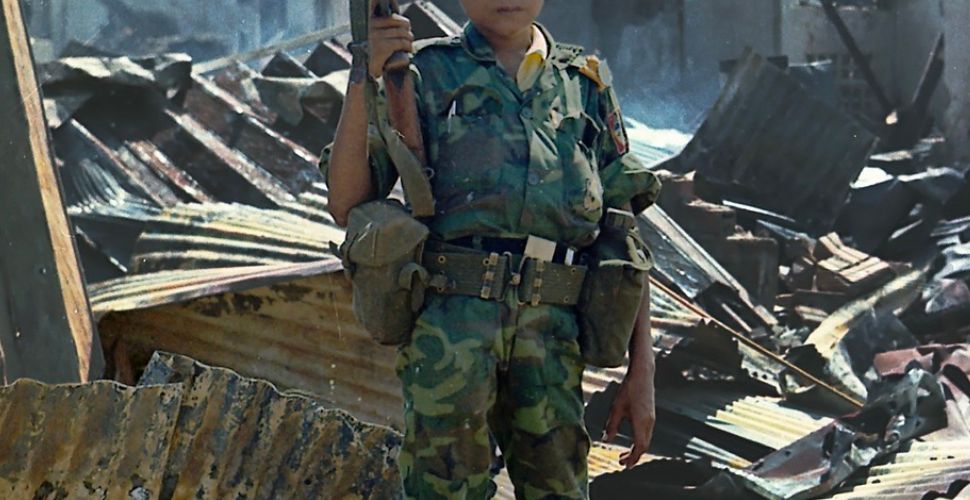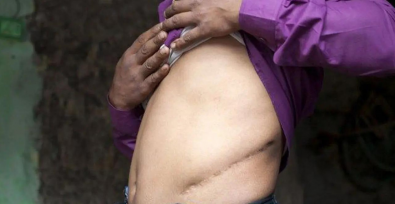Though child soldiers are subjected to horrific conditions including forced labor, sexual exploitation and gender-based violence, too often they are overlooked as modern slavery victims.
Child soldiers discriminated against
A child solider is defined by the UN as any person below the age of 18 who has been used by an armed group in any capacity. This is by no means restricted to armed fighting and includes cooks, porters, spies and for sexual purposes.
Stigma attached to former child soldiers makes it difficult for them to reintegrate into society and receive the specialist support that comes with being recognized as a victim of modern slavery.
Former child soldiers face discrimination from authorities, their local communities and even their own families. Depending on when they return to civilian life, either as a child or as an adult, the perception is that they are “not good people” who have committed war crimes. This perception overrides the characterisation of former child soldiers as victims in need of support who have had serious and often violent crimes committed against them.
Overlooked
Though children are considered to be particularly vulnerable to human trafficking and exploitation, in post-war contexts the priority of anti-trafficking programmes is directed to adult women who have experienced trafficking for sexual exploitation while the needs of child soldiers are often overlooked.
Writing in openDemocracy, Benedetta Wasonga explains how treating child soldiers as survivors can support their reintegration:
Engaging with child soldiers as ‘survivors’ is one way to open up a path for involving them in policy and programme design. It’s also a potentially powerful way of changing the narrative around them in ways that can ease their reintegration.
Tulieza (not his real name) is a former child soldier who now works in an intergovernmental organization in Africa. He was taken from his village when he was 15 years old during the Ethiopia-Eritrea war in the 1990s. Afterwards, he struggled to enter formal education as institutions were wary of him and his involvement in the war. He explains:
While states make public commitments to protect such vulnerable groups, they also blacklist people as former child soldiers and subsequently class them as war criminals with fingerprints stored in government databases. This means their marginalisation and exclusion continues long after they are children: they are denied clearances by the police as well as denied travel visa making it impossible for them to move or seek asylum.
International community can do more
Little is known about the stigma endured by former child soldiers and how this impacts their ability to rebuild their lives and recover from their experiences. It is imperative that the international community meaningfully engage with former child soldiers and involve them in program and policy development to ensure their needs are no longer overlooked.







Freedom United is interested in hearing from our community and welcomes relevant, informed comments, advice, and insights that advance the conversation around our campaigns and advocacy. We value inclusivity and respect within our community. To be approved, your comments should be civil.